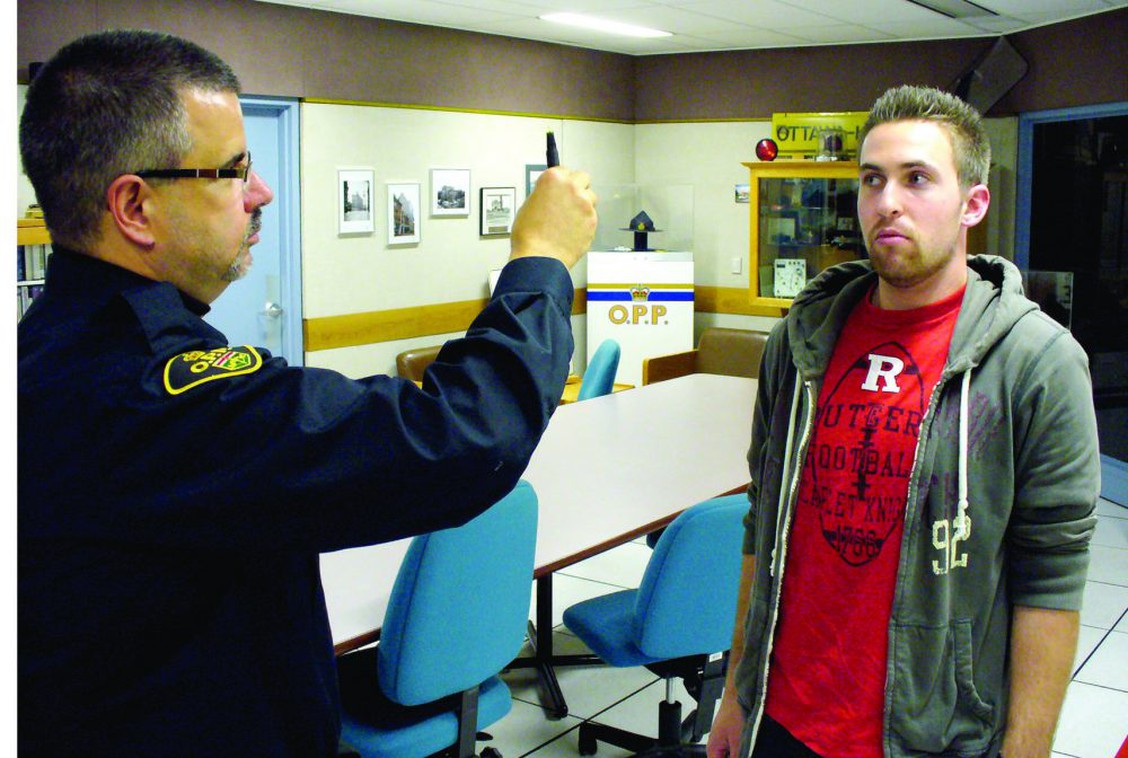You are here
Home 🌿 Medical Cannabis News 🌿 Study: Medical cannabis users as safe to drive as those who take impairing prescription drugs 🌿Study: Medical cannabis users as safe to drive as those who take impairing prescription drugs

A new analysis by Australian researchers has concluded that there is “little evidence” to justify treating medical cannabis patients differently than those who take other potentially intoxicating prescription medications and get behind the wheel.
Published online in the International Journal of Drug Policy, a team of researchers led by the University of Melbourne’s Daniel Perkins examined regulatory approaches used to mitigate potential road safety risks from the use of “impairing prescription medicines and illicit drugs.”
“Road safety risks associated with medicinal cannabis appear similar or lower than numerous other potentially impairing prescription medications,” the investigators write.
Medical cannabis users have long faced issues when it comes to driving, especially since THC can be detected for days or weeks after any acute impairment has ended. In 2019, a Nova Scotia woman even launched a constitutional challenge after she was arrested for impaired driving during a roadside test more than six hours after she had consumed her medication.
The authors speculate the fear of medical cannabis users on the road, and the subsequent legislation, stems from the legal status and social stigma of cannabis, as opposed to an elevated safety threat.
“The application of presence-based offences to medicinal cannabis patients appears to derive from the historical status of cannabis as a prohibited drug with no legitimate medical application,” reads the study.
Furthermore, study authors note, the harms associated with preventing medical cannabis users from driving can outweigh any potential benefits. “This approach is resulting in patient harms, including criminal sanctions when not impaired and using the drug as directed by their doctor, or the forfeiting of car use and related mobility. Others who need to drive are excluded from accessing a needed medication and associated therapeutic benefit,” they write.
Researchers cited examples such as patients who use prescribed drugs like methadone and receive medical exemptions that allow them to drive, calling the option “a feasible alternative approach.” Ultimately, though, they advocate for regulatory change when it comes to medical cannabis users and driving.
“In medical-only access models, there is little evidence to justify the differential treatment of medicinal cannabis patients compared with those taking other prescription medications with potentially impairing effects,” researchers conclude.
420 Intel is Your Source for Marijuana News
420 Intel Canada is your leading news source for the Canadian cannabis industry. Get the latest updates on Canadian cannabis stocks and developments on how Canada continues to be a major player in the worldwide recreational and medical cannabis industry.
420 Intel Canada is the Canadian Industry news outlet that will keep you updated on how these Canadian developments in recreational and medical marijuana will impact the country and the world. Our commitment is to bring you the most important cannabis news stories from across Canada every day of the week.
Marijuana industry news is a constant endeavor with new developments each day. For marijuana news across the True North, 420 Intel Canada promises to bring you quality, Canadian, cannabis industry news.
You can get 420 Intel news delivered directly to your inbox by signing up for our daily marijuana news, ensuring you’re always kept up to date on the ever-changing cannabis industry. To stay even better informed about marijuana legalization news follow us on Twitter, Facebook and LinkedIn.




